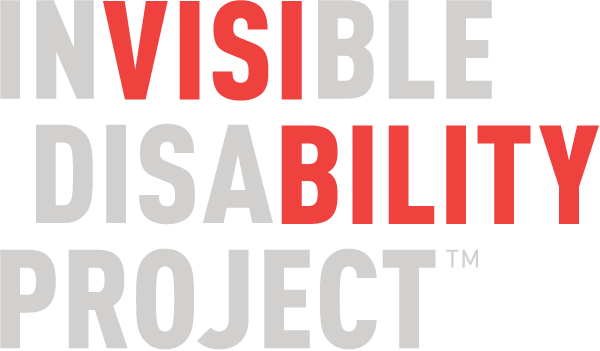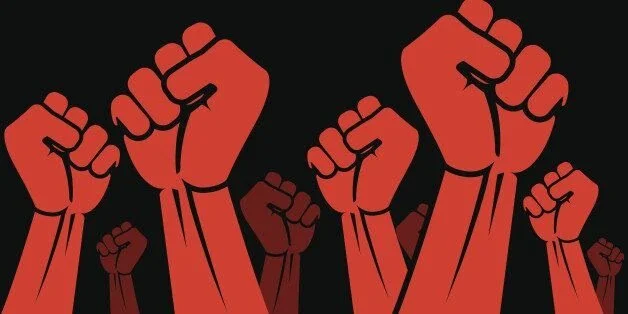Introducing The Radical Disability Allyship Issue
Volume I | Issue 1
NOTE FROM THE EDITOR
AMY GAETA
MAY 1, 2020
Introduction: Radical Disability Allyship
The Invisible Disability Project is proud to present the first essay in our latest series, Radical Disability Allyship. In this series, we explore how the concept, promise, and experience of allyship has been under discussed in regard to disability. We use allyship here to refer to bonds that link bodyminds together, supporting and advocating for one another. Allyship can and must emerge among disabled people as well as among disabled and nondisabled people.
Queer and trans communities as well as racial and ethnic minority communities have expressed that true allyship includes using your privledge to promote other people’s rights and growth. But, allyship is sometimes viewed critically as just a shallow label. For example, the group Real Talk: Women of Color + Allies has warned against being an “ally” in quotes when it best suits you. We might call this performative allyship, when someone calls themselves an ally just to gain social status.
Often, when allyship is used to discuss disability, it has not been defined or identified by disabled people. As such, these models of allyship are one-sided, in which the disabled person is still positioned a charity case, inferior or in some cases, their differences are assimilated rather than celebrated. Sometimes, people who call themselves allies are doing more harm than good.
Sometimes, people who call themselves allies are doing more harm than good.
It is time to reclaim allyship and radicalize it in ways that work toward justice and access built on mutual respect and care. Each essay in this series expresses the views of the author as we wanted to give them, disabled people, a platform to voice their perspectives with minimal restrictions or requirements. Thus, the aim of this series is to explore and imagine forms of radical disability allyship, because, without radical allyship, ableism will persist and
Amy Gaeta
Amy Gaeta is a disability justice activist and Ph.D. candidate in Literary Studies and Visual Cultures (doctoral minor) at the University of Wisconsin-Madison. Her work uses feminist technoscience and disability studies to theorize the relationship between technology, virtuality, and the category of the human in the 21st century. Amy uses her academic training in her efforts to promote social justice and mend the gap between activism and academia. Any editorial questions can be directed to her on Twitter: @GaetaAmy or email: amy@invisibledisabilityproject.org
Image description: Woman with light white skin and long, dark brown hair is in the center of the image. She is looking toward the right, slightly smiling. She is wearing a black long sleeve shirt and behind her are trees and an old boathouse.






Mental Health Peer Specialists and Their Vision for a Civil Rights Movement